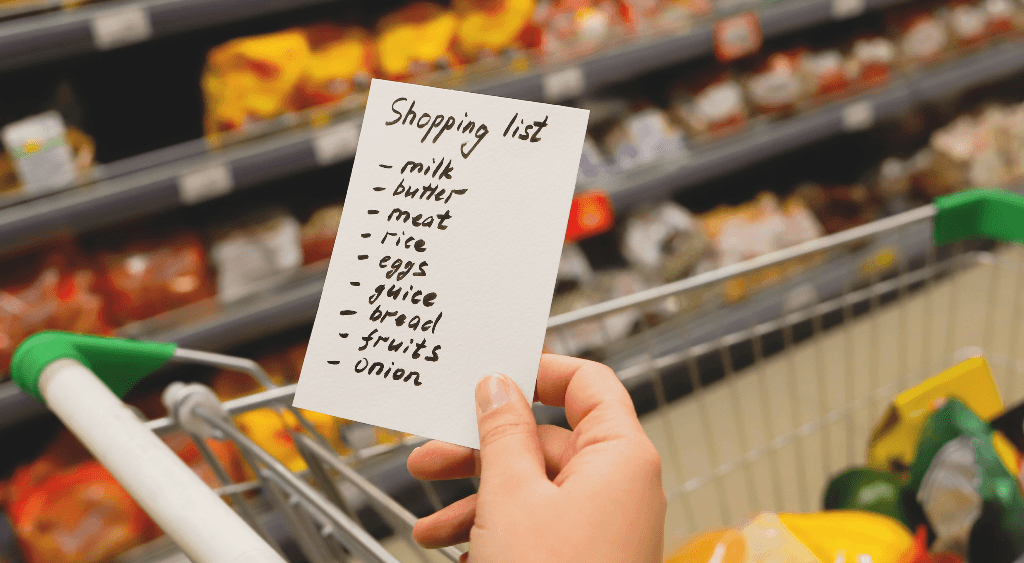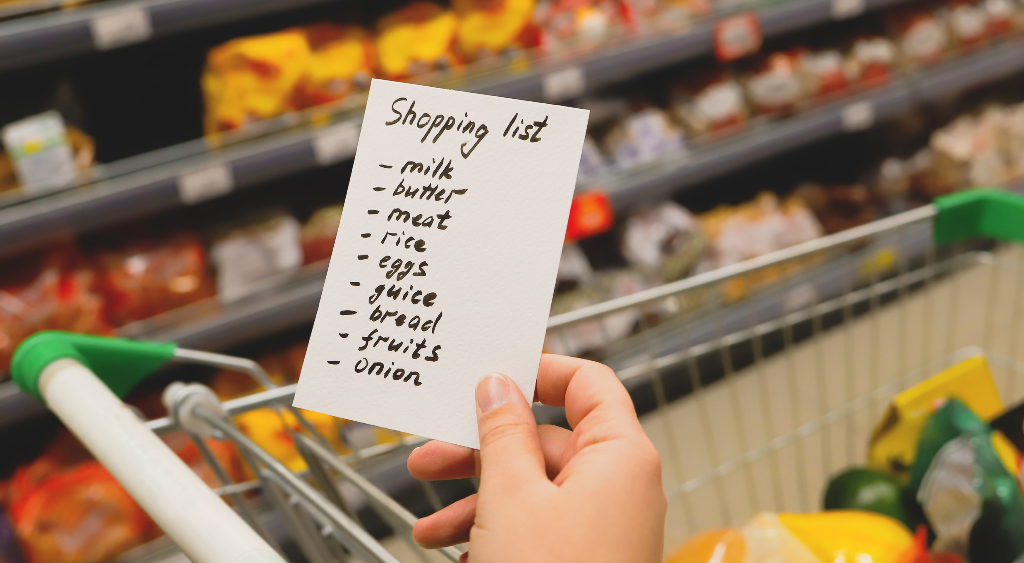

7 Ways to Reduce Your Monthly Expenses
Key Takeaways
- Living paycheck to paycheck is a financial situation that 64% of Americans currently face.
- Your current financial situation can improve by increasing income or reducing expenses.
- Reducing expenses lower cash outflow and promote disciplined financial habits, which can be beneficial in the long run.
Every month, a person will have regular income and expenses. While having both transactions occur is expected, making strides to lower your expenses is crucial to bettering your financial position. In the United States, 63% of the total population is living paycheck to paycheck, so taking proactive steps is key to improving financially.
Over the past 12 months, items in the calculation of CPI, a metric for inflation, which includes gas, food, housing, and other living necessities, have risen by 7.7%. Since these costs will take up a larger portion of a person’s income, reducing expenses becomes a key factor in saving you money in the long run.
Cutting costs can sometimes be a difficult task, but effective strategies exist that some people have used to help them overcome their financial shortcomings. Implementing a few saving money strategies can have beneficial effects in the long run, as they play a key role in financial independence.
7 Ways to Reduce Your Monthly Expenses
1. Create a Budget
The first and most efficient way to spend less money is to create a budget. Creating a budget outlines how much of your paycheck will be allocated to different items, such as living expenses, savings, investments, and leisure. Then, when you receive a paycheck, proportioning your income towards different aspects of your life helps ensure you do not overspend in any category.
People use many different types of budgets, but one of the most popular is the 50/30/20 rule, which says 50% of your income should be for needs, 30% for wants, and 20% for savings. Knowing exactly how much money to put toward different categories makes it easier to reduce expenses, as you know your limit for how much you can spend.
Wants
Wants refer to expenses that are not necessities to everyday life. Instead, wants make life enjoyable, such as purchasing new clothes, dining out at a restaurant, and spending money on streaming services like Netflix. Although it is important to have money to use on items you want, excessive spending can have many financial consequences.
Needs
Needs are essential survival expenses, such as paying the water heater bill, rent, and groceries. Due to their importance, the cost of these necessities can sometimes be non-negotiable, meaning any price raises have to be taken on. Since these expenses cannot be avoided, ensuring that your funds cover these costs first is vital.
Before you do anything else with your money, you should consider paying these expenses first. Then, if you see that your current financial situation results in you running out of money because your essentials are too expensive, you can look at learning a new skill or applying for a new job.
2. Keep Track of Transactions
When you spend money, it is important to keep track of purchased products or services. One common issue some people run into with their budget is they need to manage their transactions appropriately. However, when you do not know where your money is going, it can be challenging to make wise financial decisions that will benefit you in the long run.

Image Credit: Ground Picture / Shutterstock.com
Keeping track of transactions will give you an overview of where you spend your money. Once you consistently look over your monthly transactions and cut out the excess items that are not beneficial, more of your income will be left over. Transactions can be tracked physically by pen and paper and digitally through Excel and Google Sheets spreadsheets.
3. Pay Off Debts Quickly
Another main factor why some people’s expenses prevent them from achieving financial freedom is because of the debt cycle. When a person uses a credit card, they are paying for an item using a company’s money, not their own. Although using a credit card is essential to building and maintaining a high credit score, it can have detrimental effects if misused.
At the end of each month, a person must pay off their credit card outstanding amount. If they fail to do so, they will be subject to high-interest rates. These rates could have severe implications as the interest will be added to the outstanding balance, ultimately increasing the total amount that must be paid.
4. Stick to Your Shopping List
When going to the grocery store, it is essential to have a shopping list. When browsing the aisles, there will always be an item on sale that grabs your attention. However, when you see an item that was initially not on your list, you must ensure that you do not impulsively buy that item.

Image Credit: SOLOVEVA ANASTASIIA / Shutterstock.com
Purchasing items impulsively is one way people tack on unnecessary expenses, which will cause a lower balance in their bank account. Therefore, remember that when you create your shopping list, you stick to it.
5. Revise Monthly Subscriptions
It is important to keep a close eye on the monthly subscriptions you are paying and cancel any ones you do not use to save money. Monthly subscriptions result in an automatic deduction every month, and if you do not use the services you are subscribed to, then your money is getting wasted.
As a result, when keeping track of your transactions, you should also be looking at your monthly subscriptions and determine whether there are any premium services you pay for but do not use. That way, you can cancel any recurring subscriptions which you do not use, and the money can be used elsewhere.
6. Make Purchases in Bulk
Another way to reduce expenses is by buying bulk items. For example, when you go grocery shopping, buying the necessities you need for the month instead of the week could help you save money. In addition, buying enough groceries to last you the whole month rather than a week could reduce your trips to the grocery store, meaning there is a lower possibility of spending more on impulse purchases.
7. Cut Utility Bills
Lastly, utility bills are an expense those owning or renting a home must pay monthly. This recurring expense will lower your monthly income, but keep in mind that the amount you pay each month can be lowered. Utility bills, such as electricity or water, are charged with rate, meaning the more you use, the more you will pay.
Therefore, ensure the light bulbs and the faucet are off whenever you leave a room. If not, they will increase your usage and monthly payment at the end of the month.
Why Reducing Expenses is Important
Reducing monthly expenses is a crucial part of becoming financially independent. Although implementing new measures to help cut costs can be challenging to adapt at first, they will help you save money. In addition, when you take proactive steps to lower your expenses, your monthly net income will rise, allowing you to make wise investments that can help you in the long run.
How to Track Your Progress
When making a change in habit, it can take time to determine whether any progress has been made. As a result, setting up short and long-term goals is crucial to making positive changes. Having miniature but progressive milestones will help show you that your changes are working.
Since tracking transactions to determine progress is a technical task, it is important to have access to a debit card that will sort all your expenses out for you.
CapWay Pro Tip: The CapWay debit card offers many benefits, like no monthly fees and no minimum balance fees. If you wish to learn more about the CapWay Debit Card, click here.
The Money Wrap-Up
It will take a while to see the effects of your financial habits. The truth is, your financial situation will not get better overnight. Therefore, although short-term goals are important to ensure your implementations are practical, you should prioritize long-term objectives.
As a result, try to make reasonable, sustainable changes that will allow you to maintain these habits for a long time. This way, your habits will be flexible and make it feasible to achieve your long-term financial goals.
Main Image Credit: wavebreakmedia / Shutterstock.com
Recommended Posts
- How to Build a Bug Out Bag for Kids: Tips and Tricks
- 10 Survival Skills Every Kid Should Know
- Food prices are about to skyrocket even more; Prepare for a 'famine,' followed by housing crash, then equities wipeout - Michael Gayed
- South Threatened by Severe Weather After Texas Tornado Disaster: How to Prepare.
- The Ultimate Guide to Radiation Water Filters: How They Work



